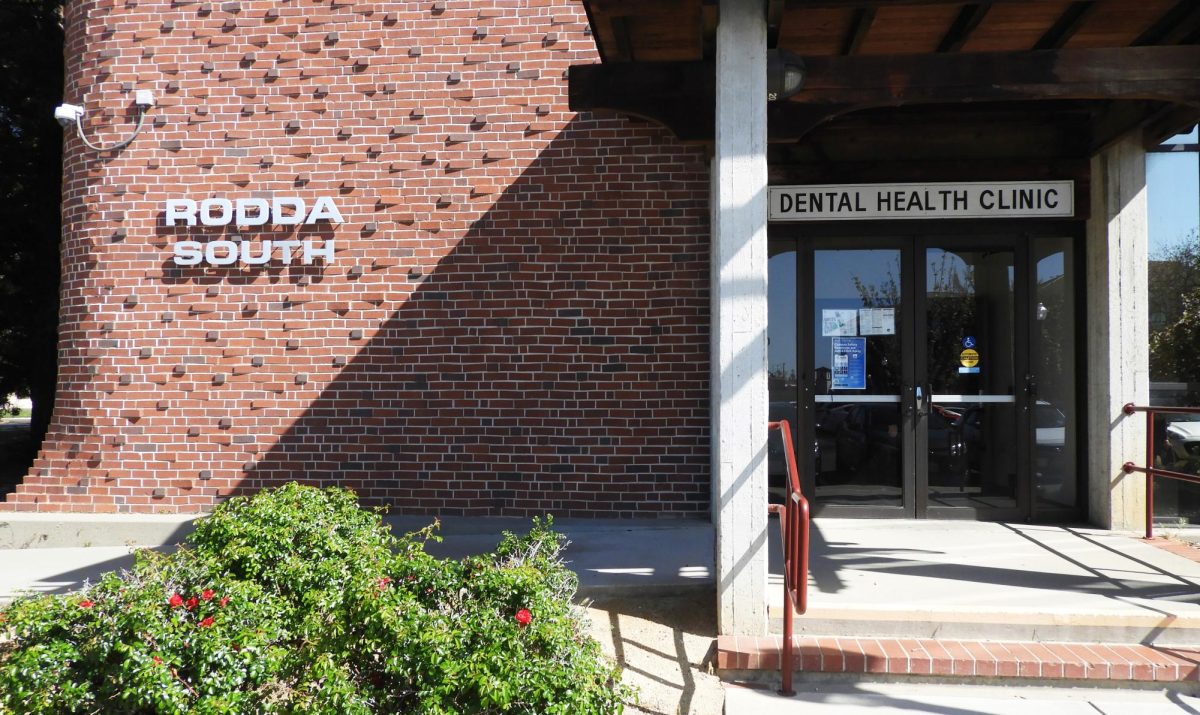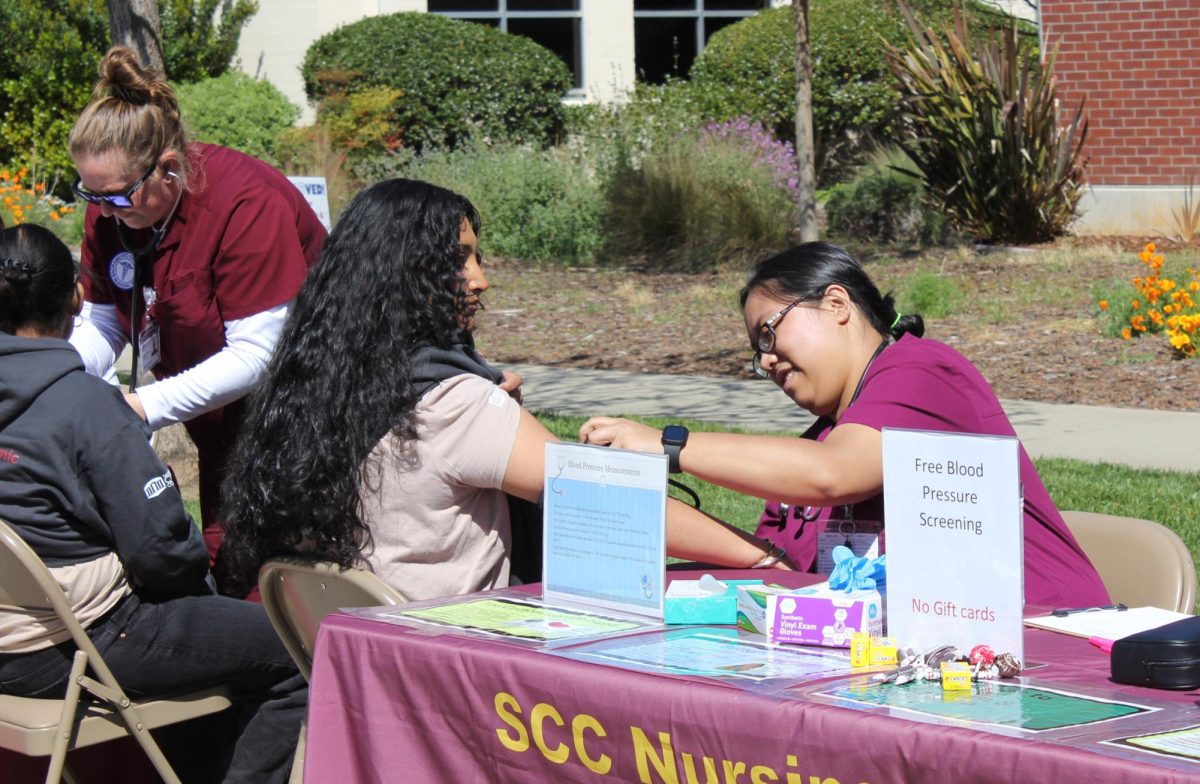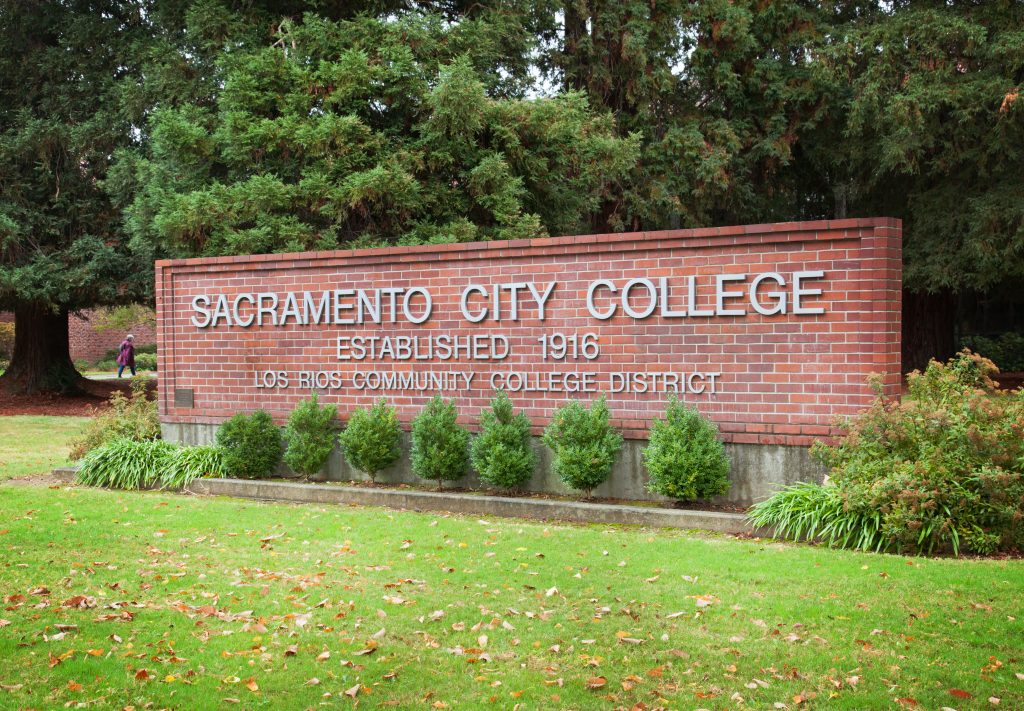Natasha Radisic
Staff Writer
natasharadisic@gmail.com
Gov. Jerry Brown signed Assembly Bill 19 into law Oct. 13, eliminating the first year of community college fees for new full-time students.
Beginning Jan. 1, this bill will help an additional 19,000 first-time, full-time students save $1,104 who did not previously receive low-income tuition waivers.
This new legislation aims to cover all new students who are residents of California, regardless of their or their family’s income. It would cover only the first year of tuition for 12 or more units per semester, not including fees for textbooks.
“I don’t think this bill would’ve helped me too much. The price for classes isn’t that high. At least not as high where it’s too hard to pay. I think textbooks are a bigger issue. That would help students more,” said Jason Lee, microbiology major. “I do think this bill will attract more students, kind of give them a second chance in education.”
At $46 per unit, California already has one of the most affordable community college systems in the country according to the Sacramento Bee.
The bill made California the fourth state to offer some form of free higher education. Earlier this year, Rhode Island and New York passed similar bills that benefit new students.
California Assemblymen Miguel Santiago, D-Los Angeles; David Chi, D-San Francisco; and Kevin McCarty, D-Sacramento, are hoping that this bill would also increase the number of individuals who decide to go to school and earn a degree.
One of the authors of the bill, Santiago, told CNN the bill will increase student success.
“If you enroll full time, the success rate is much higher than if you’re part time,” said Santiago. “We’ve looked at the data with Pell grants, and it shows that students who aren’t under economic stress and have their classes covered full time, their graduation rates are 60 to 70 percent, as opposed to 30 to 40 percent.”
The lawmakers are hoping that this bill will also increase the number of individuals who decide to go to school and earn a degree. As for future City College students, the bill may translate to more than just financial relief.
“This will definitely help a lot of students to get an education, that otherwise couldn’t have gotten one,” said photography major Michelle Lawson. “If this bill was passed when I was starting school, it would have made my life easier.”
Kim Goff, supervisor of Admissions and Records, said that she hopes this bill will increase the number of students enrolled each semester.
“Most of our students are part time. That’s really the point of the bill, to get more students to be full time, take more units and complete their education faster,” said Goff. “Students who take more units are more successful, statistics show.”
According to The Hechinger Report, an independent news service on education operated by Columbia University’s Teachers College, college admissions throughout the U.S. have been on a decline. This year, there were 2.4 million fewer students enrolled in higher education than in 2011.
City College enrollment patterns have followed the national average.
“Our enrollment has declined over the last few years as it has statewide. Hopefully this bill will help us increase enrollment, meet our goals,” said Goff. “We can handle it.”
For more info on Assembly Bill 19, go to leginfo.legislature.ca.gov





























